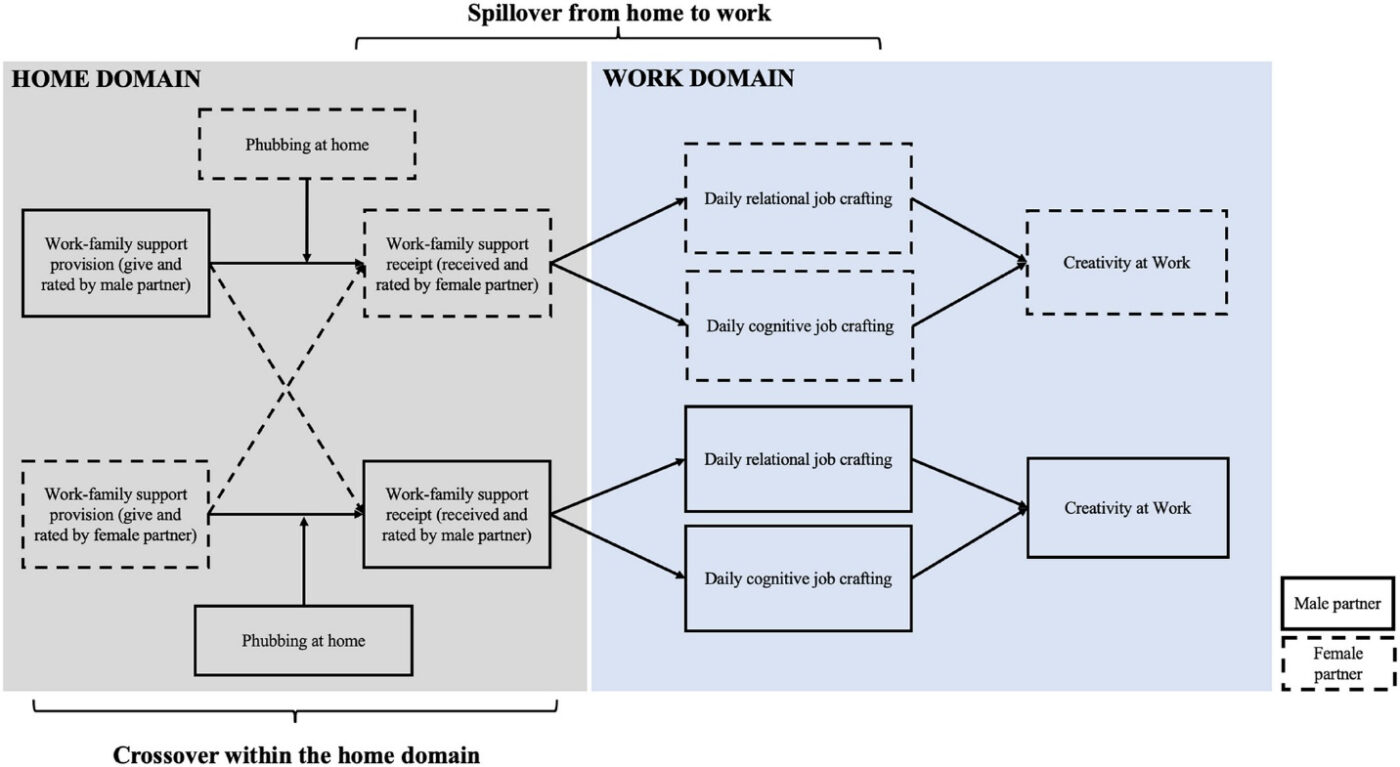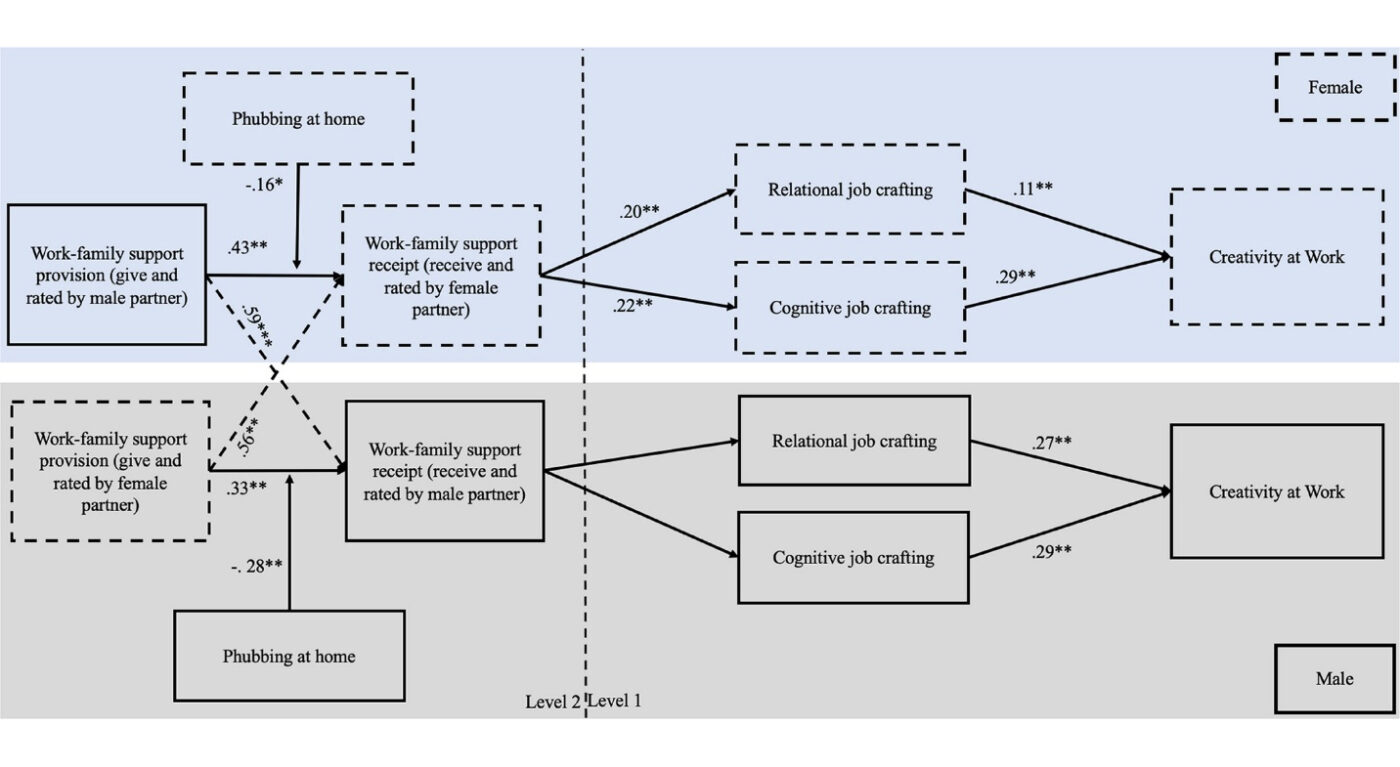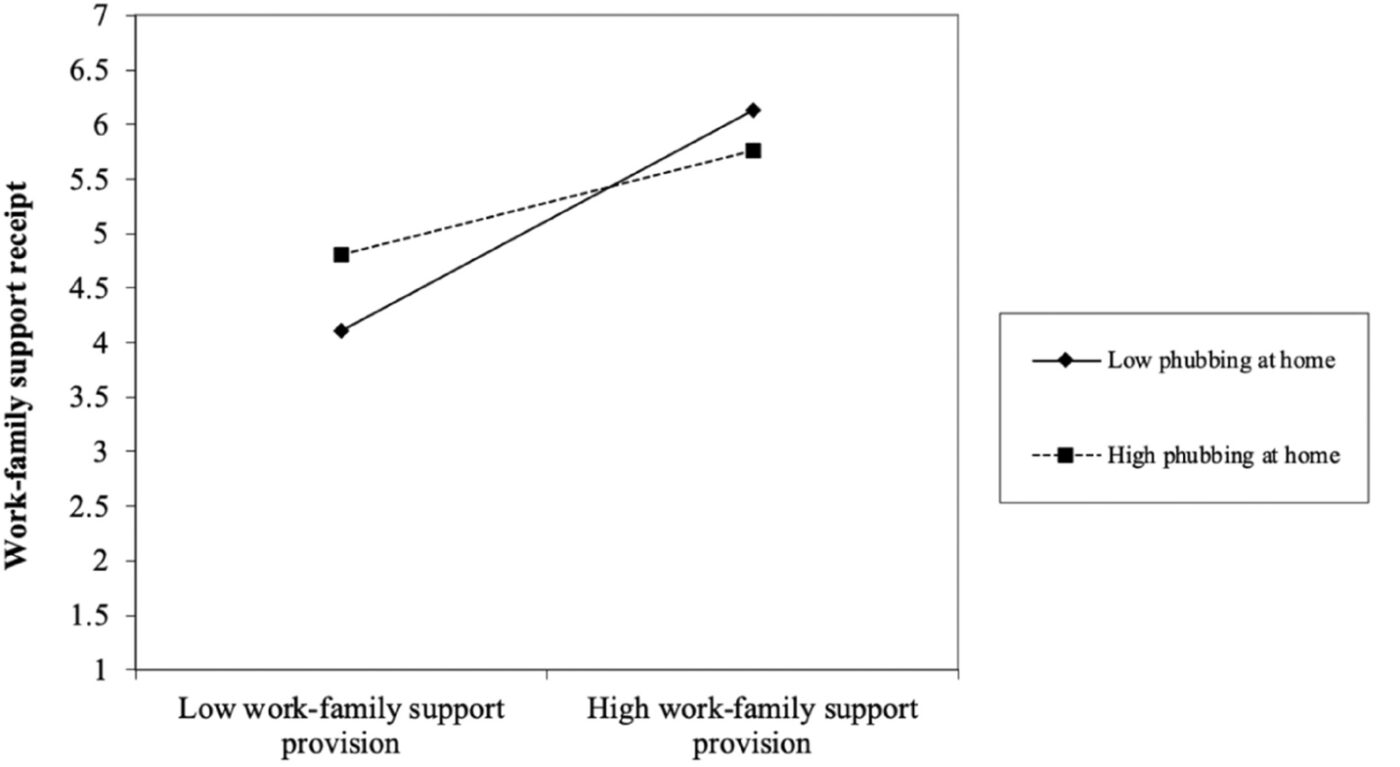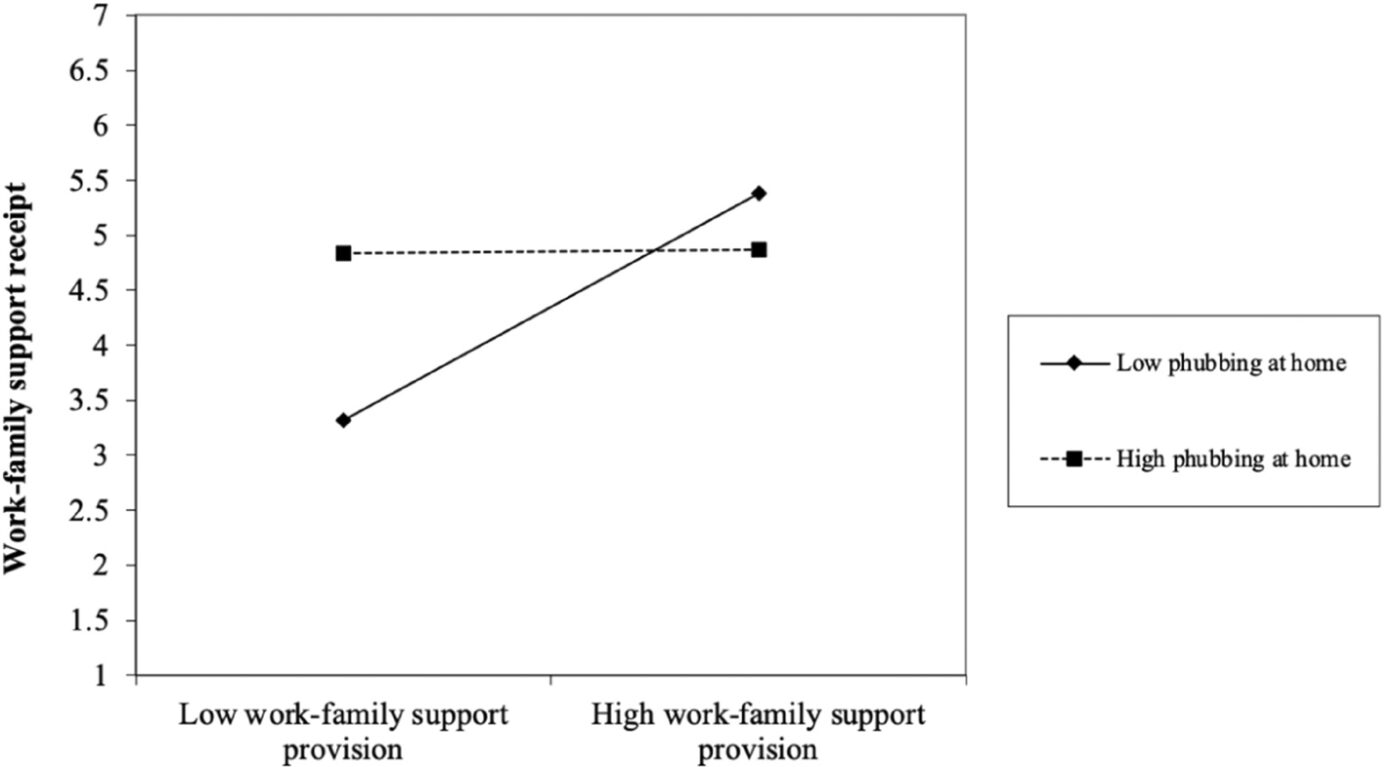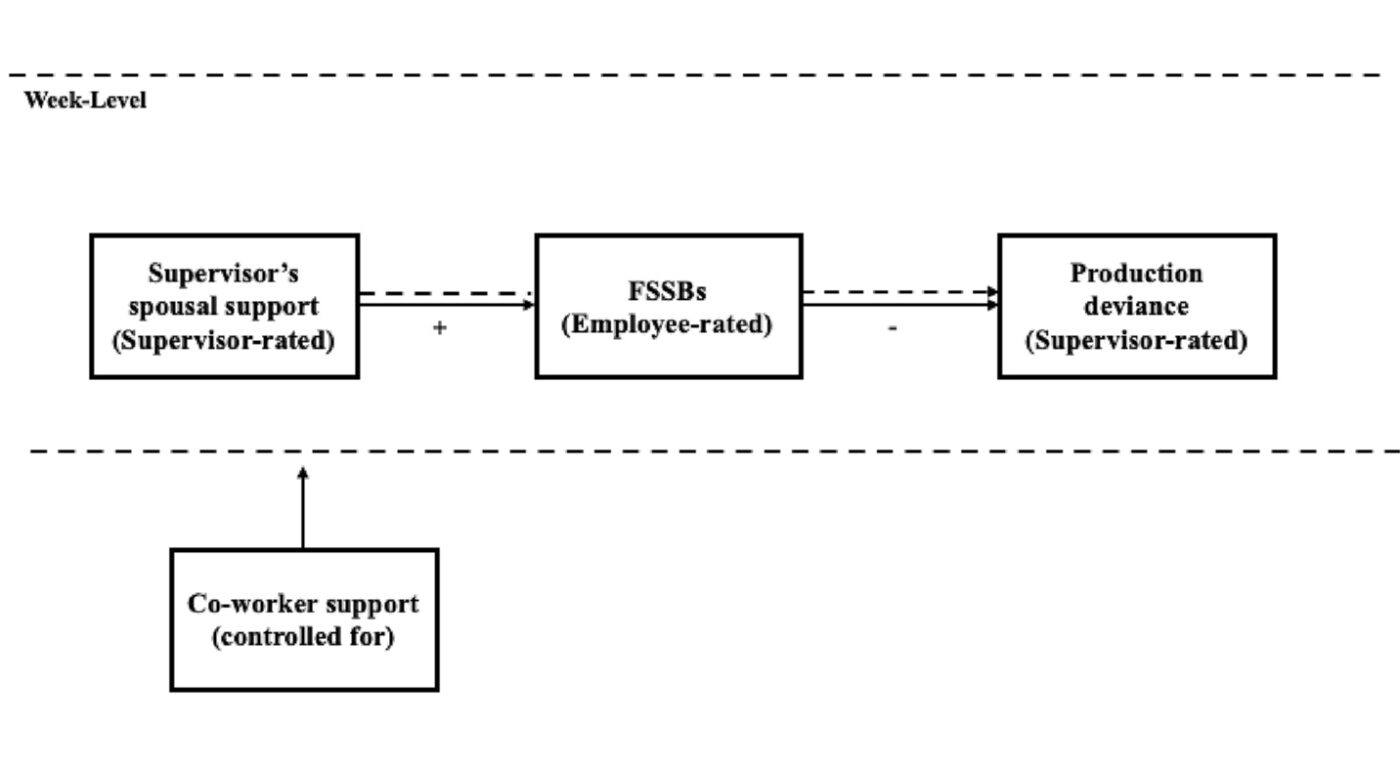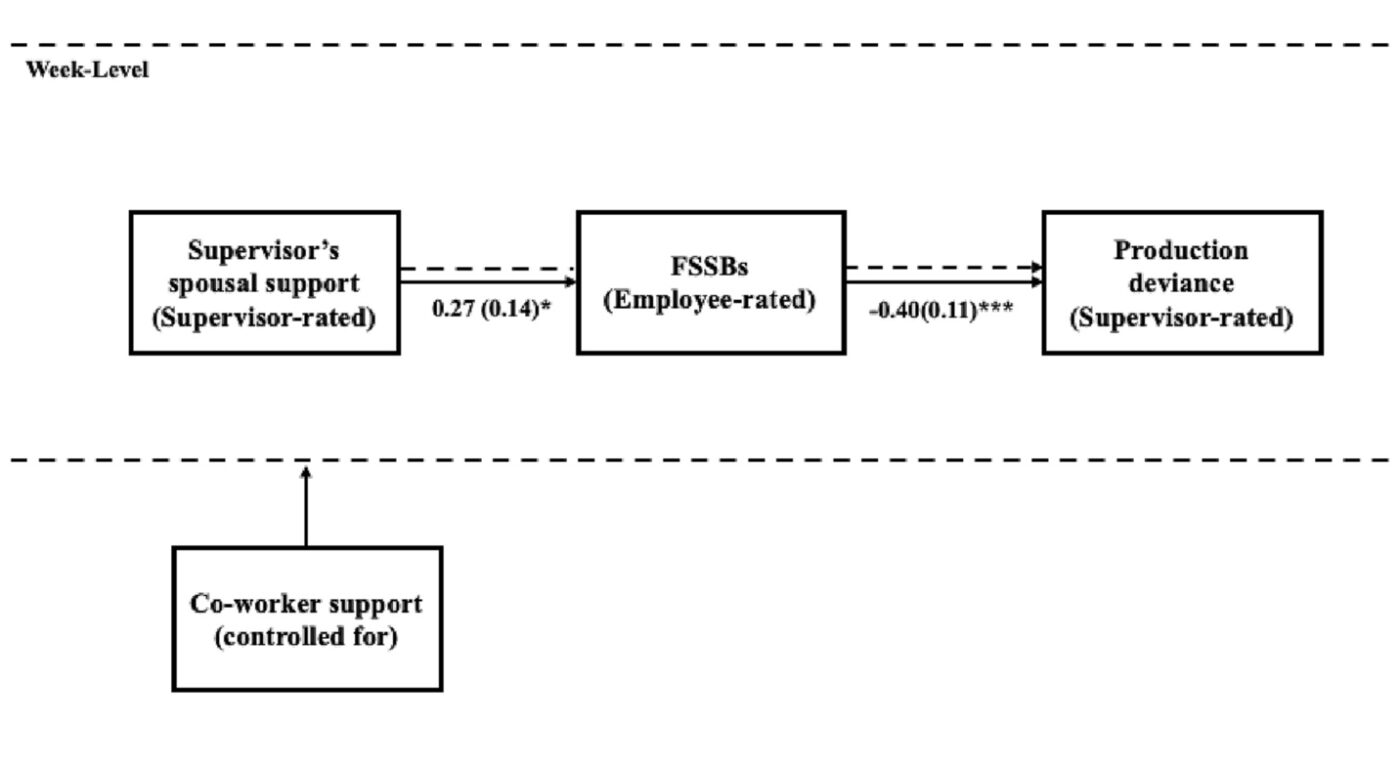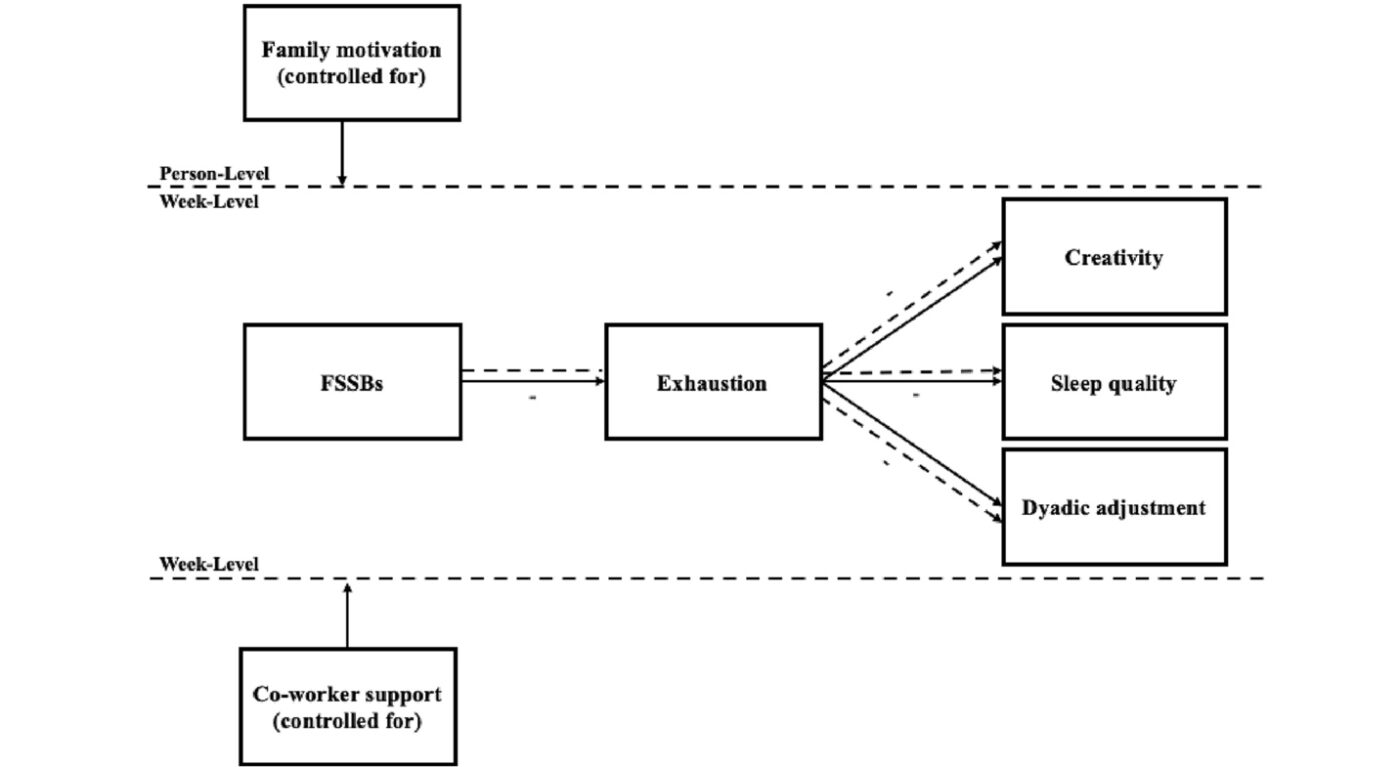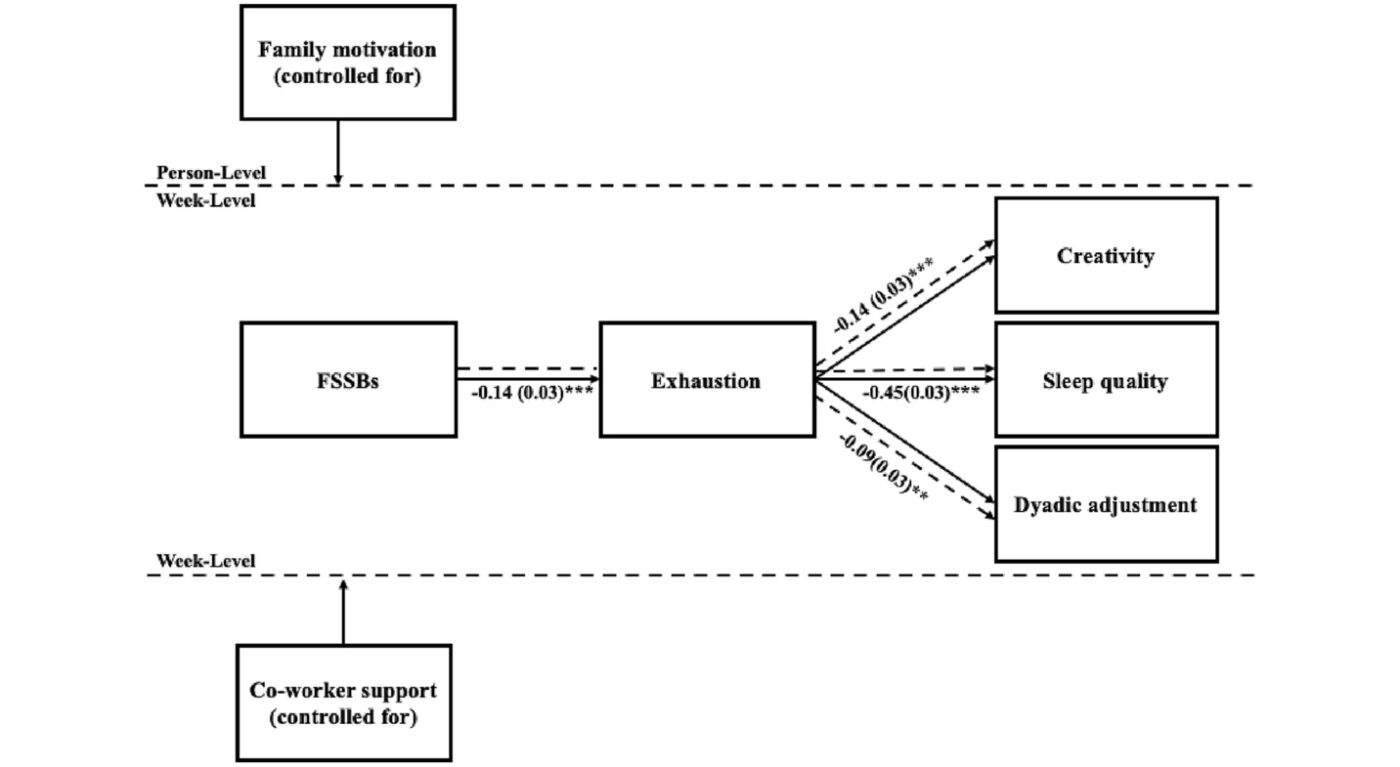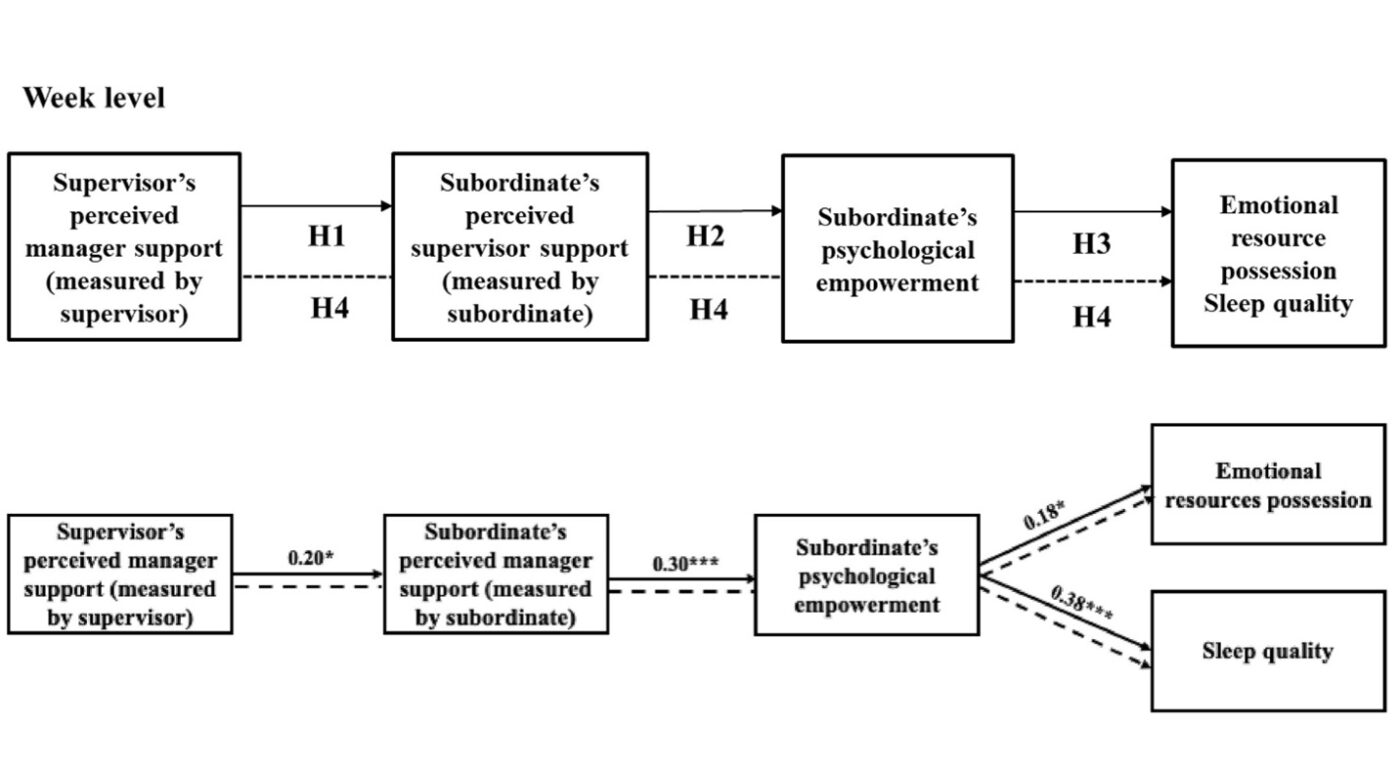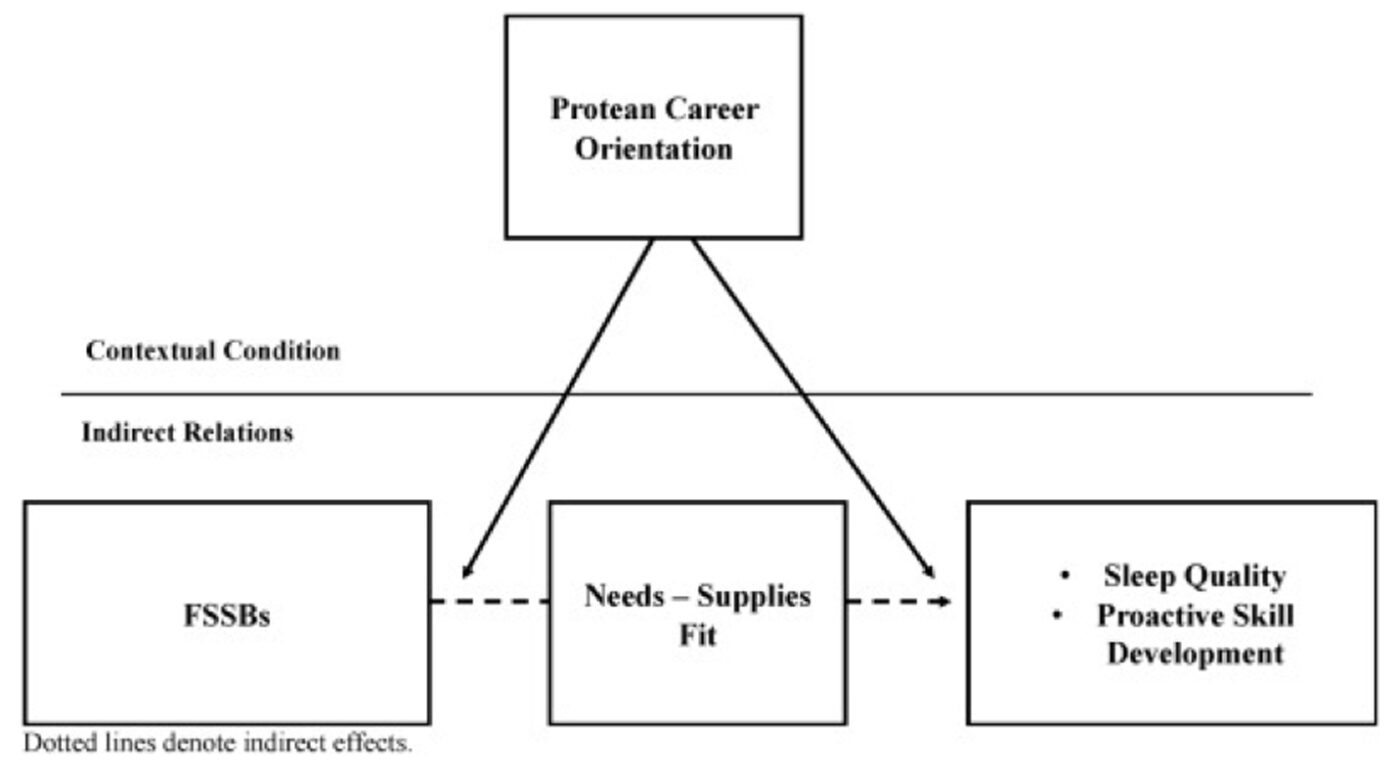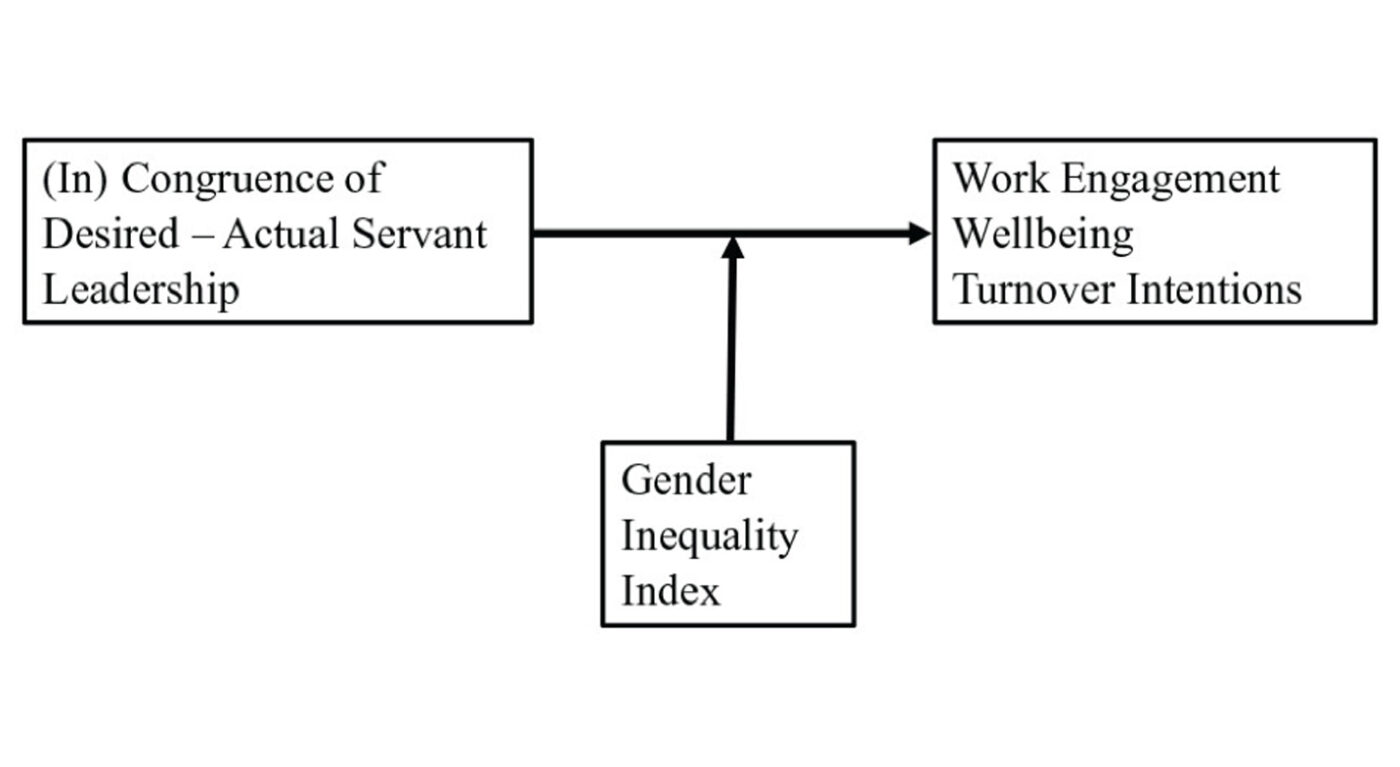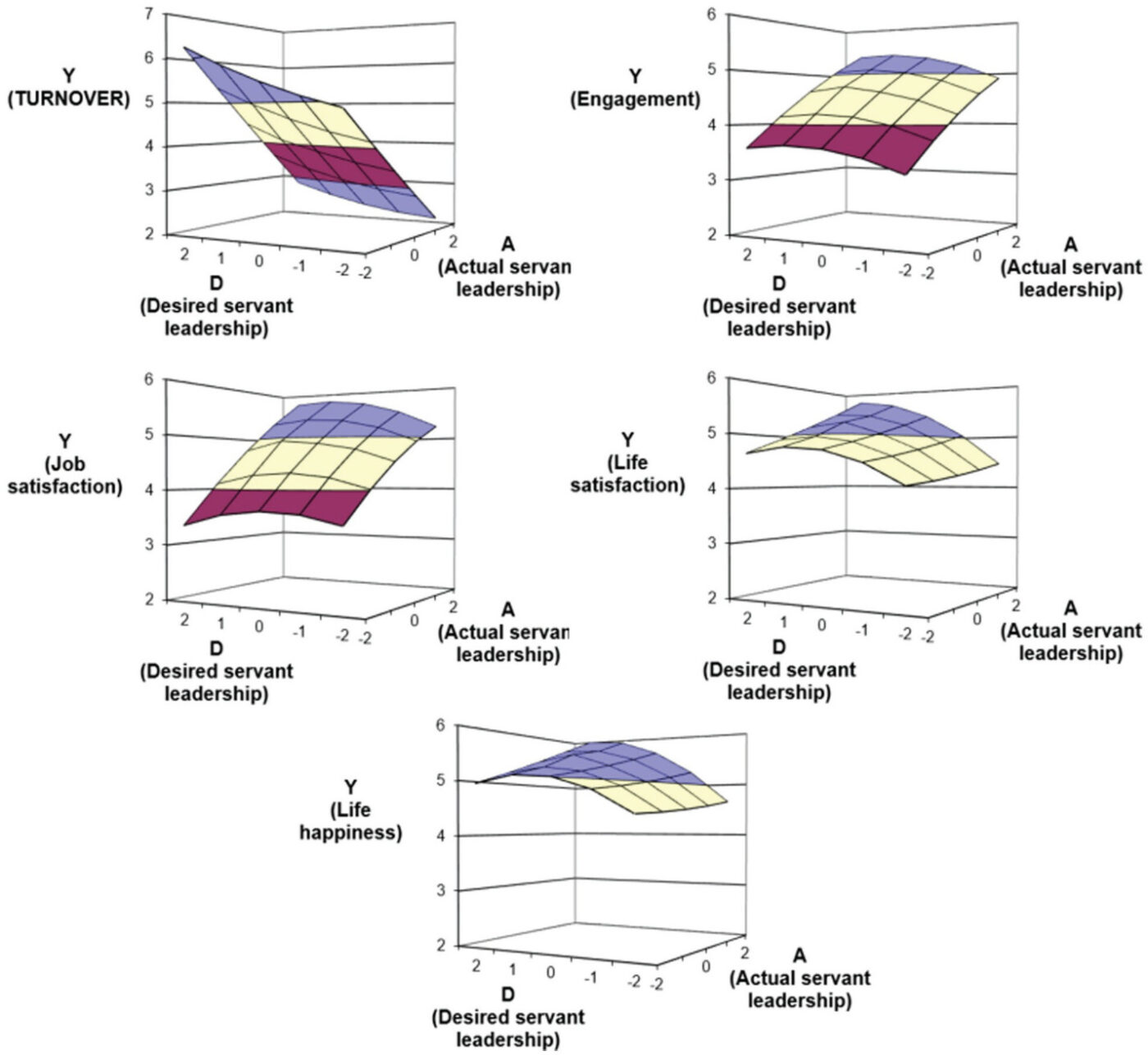Academic research
Theoretical frameworks I use in my research
Building upon what others have done before me.
In line with the aforementioned premises (mentioned in my Research Philosophy section) for the most part, use five theoretical frameworks to build hypothesis and justify my research questions. These being: Work Family Enrichment (WFE); Social Exchange Theory (SET); Conservation of Resources (COR); Perspective Taking (PT); and Social Information Processes (SIP).
Work Family Enrichment
(WFE)
Work Family Enrichment (WFE) theory predicts that experiences in one role may improve the quality (performance and positive affect) of the other role (Greenhaus & Powell, 2006). WFE stems from the role accumulation theory (Sieber, 1974) and the expansion approach (Marks, 1977). These theories explain how participating in several roles might facilitate individuals to enlarge their social and human capital, as well as to muster energy, and how these positive effects can compensate for the increased demands that arise from engaging in several roles.
Enrichment happens when resources including skills and perspectives (e.g. multitasking skills), psychological and physical resources (e.g. self-esteem), social capital (e.g. advice), flexibility (i.e. discretion to determine when and where to carry out role duties), and/or material resources (e.g. money, gifts) are transferred from one role to the other.


Social Exchange Theory
(SET)
Social Exchange Theory (SET) argues that employees trade their work and dedication to their employer not only for tangible assets (economic principle) such as salary and perks, but also for socio-emotional assets (social principle) for instance caring or esteem (Blau, 1964; Eisenberg, Huntington, Hutchison, & Sowa, 1986). Social exchange mechanisms are rooted in people’s innate impulse to reciprocate (Gouldner, 1960). There are two types of reciprocity (Molm, Collett, & Schaefer, 2007):
Direct Reciprocity
divided into- negotiated exchange
- reciprocal exchange
Indirect Reciprocity
divided into:- chain-generalized reciprocity
- fairness-based selective reciprocity
Conservation of Resources
(COR)
Conservation of Resources (COR) theory builds on two key assumptions; first, people invest resources to deal with threatening conditions or actual loss of valued resources; second, individuals not only strive to retain valued resources but also to accumulate them (Hobfoll, 1989). Each individual values resources differently. Resources can be objects, personal characteristics, conditions, or energies. Individuals see resources as instrumental (to address a stressor or generate new resources) or symbolical (help him to define who he is as a person). Because resources enable the acquisition or preservation of other resources, people are motivated first to create and then protect them.


Perspective Taking
(PT)
Perspective Taking (PT) is concerned with the capacity to consider the world from another's viewpoint. Such capacity depends upon developing a complex understanding of reality (Bartunek, Gordon, & Weathersby, 1983; Weick, 1979). The two primary components of cognitive complexity are differentiation and integration. People achieve differentiation and integration through a transformative process that enables them to set aside their natural tendency and try to understand how others might feel, think, or need. Taking perspective facilitates being better able and more inclined to display effective behavior and fosters positive outcomes.
Social Information Processes
(SIP)
Social Information Processes (SIP) posits that informational cues present in the employees immediate work environments shape their attitudes and behaviors (Weick, Sutcliffe, & Obstfeld, 2005). Thus, interpersonal relations provide a lens through which individuals evaluate their work environments (Grzywacz & Marks, 2000). The social context influences employee behaviors through the creation of meaning as well as through bringing salient information to the employee’s attention (Salancik & Pfeffer, 1978). Hence, the social context influences employees’ beliefs and understanding of what is acceptable, desirable and expected.
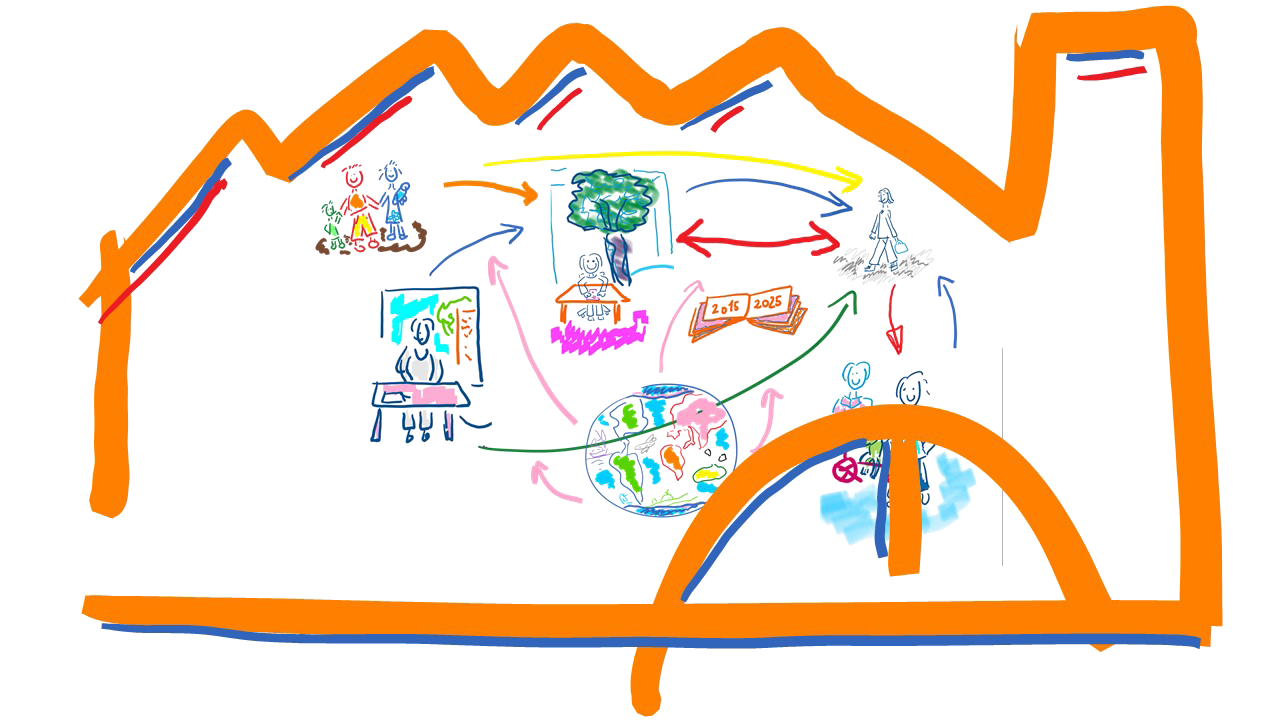
A meta-analytic review of family supportive supervisor behaviors (FSSBs)
Work-family related antecedents, outcomes, and a theory-driven comparison of two mediating mechanisms
This quantitative review systematically integrates the antecedents and outcomes of Family-Supportive Supervisor Behaviors (FSSBs) through bivariate meta-analysis and meta-analytic structural equation modeling (MASEM). Utilizing data from 231 primary studies, which are drawn from 213 sources (N = 118, 100), we examined a set of hypotheses exploring the antecedents and consequences of FSSBs. We also conducted a comparative analysis of the explanatory power of two theoretical perspectives: the resource-based view (operationalized as work-family conflict and work-family enrichment) and the social-exchange perspective (operationalized as leader-member exchange relationship). Our results showed that the social-exchange perspective accounted for a greater proportion of FSSBs' impacts on work outcomes (i.e., in-role performance, and job satisfaction), while the resource-based perspective predominantly elucidates FSSBs' influence on employee wellbeing (i.e., burnout). In doing this, we unveiled nuanced insights into the nomological network surrounding FSSBs. Based on these results, we develop a future map for this growing body of research.
Citation
Yongxing Guo, Siqi Wang, Yasin Rofcanin, Mireia Las Heras, A meta-analytic review of family supportive supervisor behaviors (FSSBs): Work-family related antecedents, outcomes, and a theory-driven comparison of two mediating mechanisms, Journal of Vocational Behavior, Volume 151, 2024,
The more you connect, the less you connect: An examination of the role of phubbing at home and job crafting in the crossover and spillover effects of work–family spousal support on employee creativity.
In an era where home and work domains have become inseparable, it is surprising that extant research has placed less emphasis on examining the boundary conditions and mechanisms to understand the home-to-work crossover and spillover process. Building on the work–home resources theory and the crossover-spillover perspectives, we test a resource-based crossover-spillover model of how one partner's work–family spousal support provision relates to the other partner's creativity at work. We propose that “phubbing” at home affects the crossover process of resource exchange between partners. Regarding the spillover from home to work, we propose that job crafting mediates the association between work–family spousal support and employee creativity. Daily diary data were collected from 65 dual-earner couples, over 15 working days in the United States. Results from the multilevel actor–partner interdependence model show that work–family support enhances employee creativity by prompting the employee's relational job crafting and cognitive job crafting at work. Moreover, our results reveal that the high level of phubbing at home weakens the work–family support crossover between partners. We contribute to the literature by adding evidence regarding the mechanisms that enable social support at home to turn into employee creativity at work.
Citation
Wang S., Rofcanin Y., Las Heras M., Yalabik Z. The more you connect, the less you connect: An examination of the role of phubbing at home and job crafting in the crossover and spillover effects of work–family spousal support on employee creativity. (2024) Journal of Occupational and Organizational Psychology.
Why does using personal strengths at work increase employee engagement, who makes the most out of it, and how?
Engaging in behaviors that take advantage of one’s personal strengths at work can promote employee flourishing in the workplace and mental health. Personal strengths use has thus gained increasing attention within occupational psychology and positive organizational scholarship. In this article, we first integrate work on personal strengths use with the latest developments in the job demands-resources theory (and its extensions) to develop a conceptual model explaining how and why personal strengths use on the job increases work engagement. Specifically, we propose that feelings of inspiration and meaningfulness explain the relationship between personal strengths use and work engagement. Second, we identify two mechanisms through which employees can amplify the benefits associated with personal strengths use at work; that is, we propose that the increased engagement associated with strengths use makes employees more likely to capitalize on the positive aspects of their work by engaging in work–family interpersonal capitalization and positive work reflection. Further, our model predicts that employees’ psychological capital moderates the effects of personal strengths use. We tested our theoretical predictions in a sample of 160 full-time employees who provided ratings that comprise a three-level data set (person, week, and day) comprising 943 matched weekly ratings and 2,787 daily ratings. Our hypotheses were largely supported by these data. Implications for theory, practice, and future research are discussed.
Citation
Ilies, R., Liu, Y., Aw, S., Las Heras, M., & Rofcanin, Y. (2024). Why does using personal strengths at work increase employee engagement, who makes the most out of it, and how? Journal of Occupational Health Psychology, 29(2), 113–129.
Family-supportive supervisor behaviours
The role of relational resources in work and home domains.
This study explores the nomological network of family-supportive supervisor behaviours (FSSBs) at the weekly level. Drawing on the tenets of the work–home resources (W-HR) model and the conservation of resources theory, we integrate relational resources in the model and investigate their role as triggers of FSSBs. Furthermore, we explore how FSSBs relate to both within domain (production deviance and employee creativity) and between domain (sleep quality and dyadic adjustment) employee outcomes, with a focus on exhaustion as a mediator. Our findings show that (1) spousal support experienced by the supervisor is positively related to the employee's perception of FSSBs as enacted by the supervisor, (2) employees' perceptions of FSSBs are negatively related to employees' production deviance and (3) exhaustion is a mediator between FSSBs and employee outcomes of creativity, sleep quality and dyadic adjustment. Our findings across two multisource and diary studies underline the importance of designing and implementing FSSBs in a dynamic fashion.
Citation
Ererdi, C., Rofcanin, Y., Las Heras, M., Barraza, M., Wang, S., Bakker, A. et al. (2023) Family-supportive supervisor behaviours: The role of relational resources in work and home domains. European Management Review, 1– 17.
https://doi.org/10.1111/emre.12576 https://onlinelibrary.wiley.com/doi/10.1111/emre.12576
Perceptions of support trickle down
Effects on energetic resources via psychological empowerment
Supervisor perceptions of support are key, as they can influence their subordinates' perceptions of support and well-being. Using a weekly diary data set of subordinates and their supervisors in Chile, we tested a trickle-down effect of perceived supervisor support across three hierarchical levels: upper managers, supervisors, and non-managerial employees. Drawing on the conservation of resources (COR) and social exchange theories as well as crossover research, we find that our model is largely supported. The findings revealed that supervisors' perceived support from managers (PMS) relates to subordinates' perceptions of support from their own supervisors (PSS). In turn, subordinates' PSS is positively associated with their emotional resource possession and sleep quality. Beyond these relationships, subordinates' psychological empowerment mediates the positive relationships between subordinates' PSS and their emotional resources as well as sleep quality. These findings suggest that supervisors who feel supported reciprocate with the more supportive treatment of subordinates, which likely enhances psychological empowerment, in turn driving the accumulation of emotional and physical resources.
Citation
Rofcanin, Y., Wang, S., Heras, M.L., Taser, D., Bosch, M.J., Fındıklı, M.A. et al. (2023) Perceptions of support trickle down: Effects on energetic resources via psychological empowerment. European Management Review, 1– 14
A fit perspective to family supportive supervisor behaviors
Exploring the role of protean career orientation on employee outcomes
In a context where employees find it increasingly difficult to juggle work and family demands, increasing attention has been paid to family supportive supervisor behaviors (FSSB). Drawing on key tenets of the Conservation of Resources (COR) Theory, we hypothesize that FSSB is positively related to needs-supplies fit, which in turn, predicts both work and nonwork outcomes i.e., proactive skill development and sleep quality. We also hypothesize that for employees high on protean career orientation (PCO), the consequences of FSSB are more significant and positive on both a) employees' perceived needs-supplies fits and b) proactive skill development. We conducted a three-wave study with a month time interval in Chile, Colombia, and Spain with matched data of subordinates and their managers (N = 454). Most of our hypotheses were supported. We expand and contribute to the literature by providing a fit perspective to research on FSSB, arguing that such behaviors improve employees’ perceptions of their jobs, with a consequential positive impact on their work and nonwork outcomes. The results demonstrate the key role of FSSB in enabling employees to perceive a better fit with their jobs. For HR managers and practitioners, results show that keeping protean-oriented employees is a promising strategy.
Citation
Siqi Wang, Yasin Rofcanin, Mireia Las Heras, Maria Jose Bosch, Douglas T. (Tim) Hall, Sandra Idrovo, “A fit perspective to family supportive supervisor behaviors: Exploring the role of protean career orientation on employee outcomes” European Management Journal, 2023, ISSN 0263-2373
Do you get what you desire? Consequences of (mis) fit of desired versus actual servant leadership, and the role of context across 10 countries
This study explores how (in)congruence of desired and actual behaviors of servant leaders shape the outcomes of followers’ work engagement, well-being, and turnover intentions. We underline the significance of cultural context in influencing follower outcomes and, thus, integrate a gender-cultural perspective to highlight the moderating role of gender inequality on a country level. In so doing, we postulate a strong relationship between the effects of actual/desired behaviors of servant leaders upon follower work outcomes, especially in contexts where gender inequality is high. Our results from documenting the perceptions of full-time employees (n = 2,960) across 10 countries using polynomial regression analyses show that followers’ turnover intentions are lower and work engagement is higher when there is a congruence between followers’ perception of servant leadership and desired servant leadership. Moreover, we found that followers’ well-being is higher when actual and desired servant leadership is congruent as opposed to incongruent. In addition, the results show that the beneficial impact of congruence (as opposed to incongruence) is stronger in the cultural context where gender inequality is high. We contribute to the literature by showing the important impacts of (in)congruence between desired and actual servant leadership on followers’ outcomes.
Citation
Wang, S., Rofcanin, Y., Las Heras, M., Bosch, M. J., & Marescaux, E. (2023). Do you get what you desire? Consequences of (mis) fit of desired versus actual servant leadership, and the role of context across 10 countries. BRQ Business Research Quarterly, 0(0)
A bibliometric analysis of psychological contract research: current status development and future research directions. International Journal of Manpower
The purpose of this paper is to review and analyse the literature on psychological contract (PC) phenomena to date as well as give future research directions in this research area.
Design/methodology/approach
The authors have conducted a bibliometric analysis of 33 years of research on PC. The bibliometric findings have identified various perspectives by drawing the landscape and developmental trajectory of PC research over time. A specific bibliographic analysis and visualization tool VOSviewer was employed to evaluate and process 1999 publications in the Scopus and Web of Science (WoS) database from 1989 to 2022, also author citation analysis, journal co-citation analysis, reference analysis and analysis of 100 milestone articles.
The authors detected and visualized the landscape of PC area and track how this landscape has developed. Secondly, the authors present the findings emerged from this study’s bibliometric review, with emphasize on future research directions and implications.
Citation
Kozhakhmet S., Rofcanin Y., Nurgabdeshov A., Las Heras M. (2023) A bibliometric analysis of psychological contract research: current status development and future research directions. International Journal of Manpower


